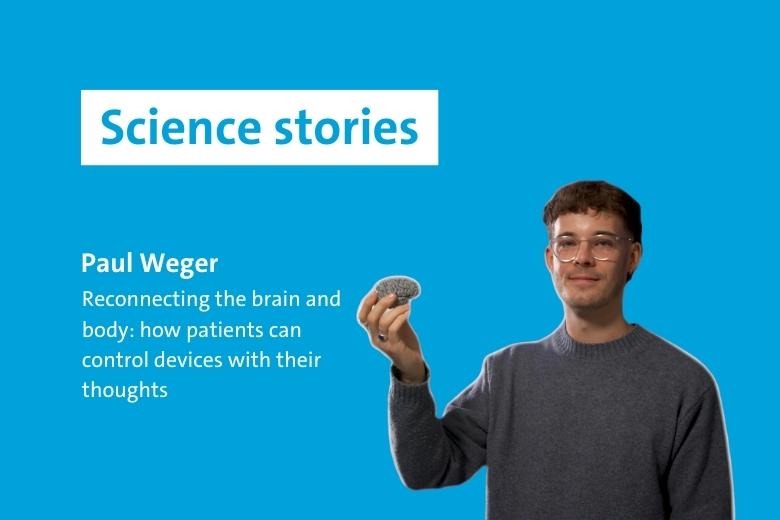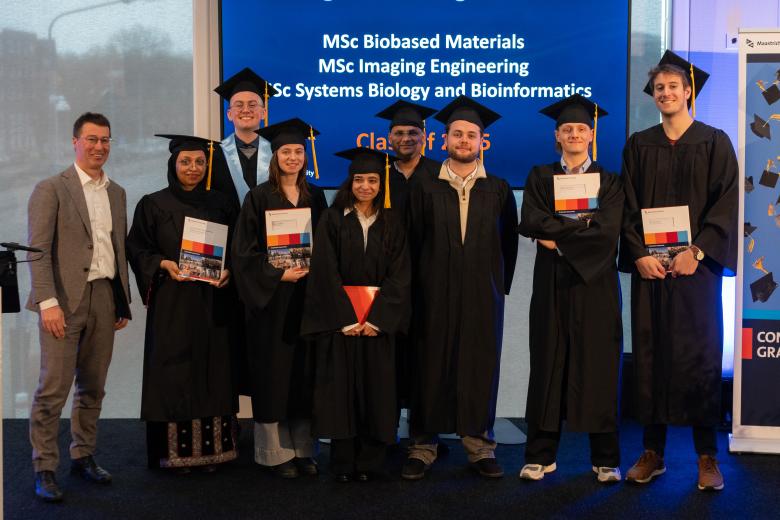COVID-19 shows need for developing global health education capacity in Iran
Last week the Maastricht University Board of Governance has signed the contract for the Erasmus+ project “IraN European Partnership for Capacity-building and Teaching in Global Health (INPACT)”.
This project, led by Prof. Anja Krumeich and Dr. Remco van de Pas from the department of Health, Ethics and Society, has the aim to to develop global health education capacity in Iran and will be implemented during the coming three years. The start of this project takes place at a time when the health and socio-economic situation in Iran is under enormous pressure. Iran is one of the countries where the Covid-19 pandemic had spread widely with about 60.000 confirmed cases and 4000 deaths attributed to the disease. Most likely this is an underestimation given the difficulty that the public health authorities have in responding to the outbreak. The spread of COVID-19 in Iran coincides with the politically induced economic sanctions against the country. All aspects of prevention, diagnosis, and treatment are directly and indirectly hampered, and the country is falling short in combating the crisis.
In the context of this worrying public and socio-economic health situation, The INPACT project is one of the few academic collaborations between European and Iranian universities still continuing. The absence of global health study programmes in Iran represents a major gap in training for a new generation of health practitioners, policy-makers and policy-influencers, who are faced with complex population-health challenges that are unlikely to be met through traditional public health teaching. This consortium will establish in Iran a Masters-level programme in global health, with an emphasis on the health of migrants/refugees. This will be supplemented by specific capacity-strengthening activities focused on the current generation of health policy-makers in Iran.
This consortium brings together 3 respected academic institutions teaching global health in Europe, working collaboratively with 3 top-ranking health and medical institutions in Iran. The project is led by Maastricht University. European partners include Heidelberg Institute for Global Health and Tampere University. Iranian partners include Teheran University of Medical Sciences- School of Public Health, Iranian National Institute for Health Research and Kerman university of Medical Sciences.
By: Dr. Remco van de Pas, Lecturer Global Health
RL Health Inequities and Societal Participation
Also read
-
Green school playgrounds boost concentration and wellbeing
Children at schools with green playgrounds are better able to concentrate and display more social behaviour. This is the conclusion of a follow-up study within the long-running project The Healthy Primary School of the Future .
-
Reconnecting the brain and body: how to control devices with your thoughts
Can you control a robotic arm with your thoughts? Paul Weger (MHeNs) studies this to give back independence to patients with neurological conditions.
-
Ron Heeren appointed fellow of the Netherlands Academy of Engineering
Professor Ron Heeren, distinguished university professor at Maastricht University (UM) and director of the Maastricht MultiModal Molecular Imaging Institute (M4i), was appointed as a fellow of the Netherlands Academy of Engineering (NAE) on Thursday 11 December.